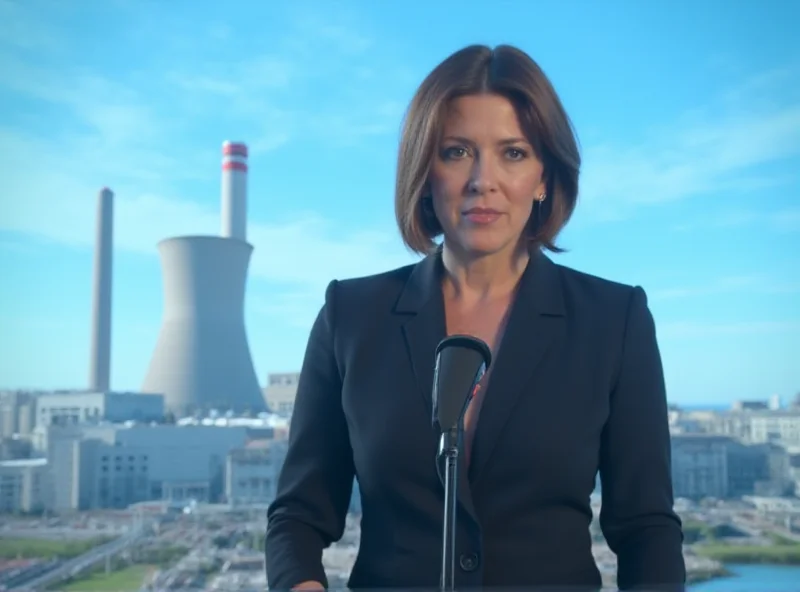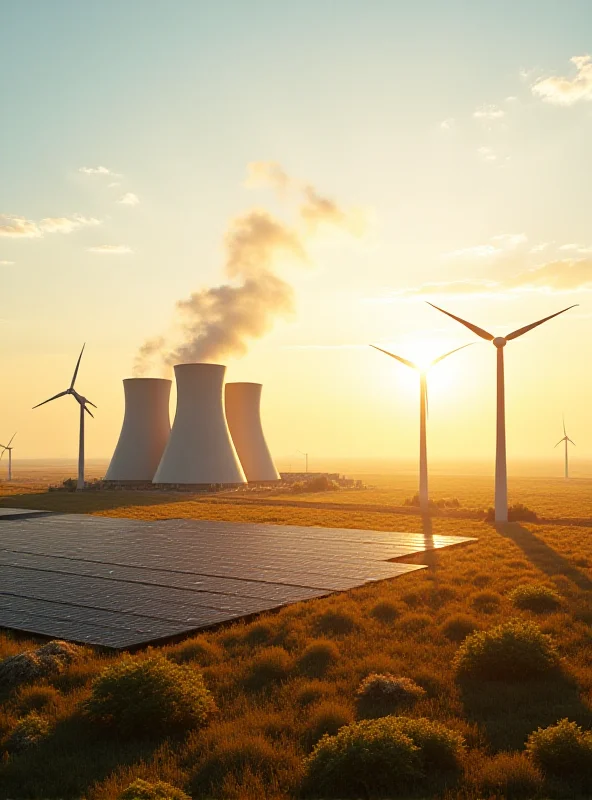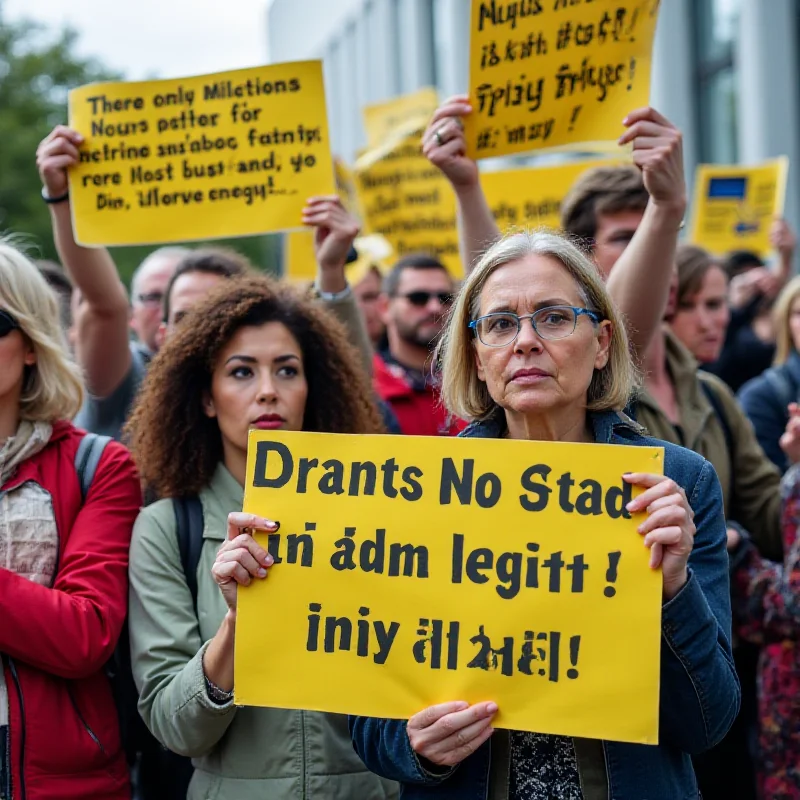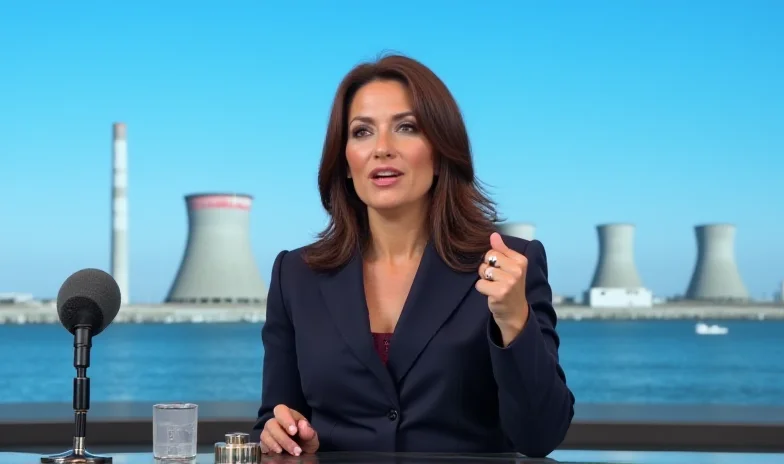Italy is set to revive its nuclear energy program under the leadership of Prime Minister Giorgia Meloni. The Council of Ministers has approved a delegation bill that aims to pave the way for the construction of new nuclear reactors, with the goal of having them operational "towards 2030," according to government statements. The move has sparked a heated debate about the future of energy in Italy, pitting the government against environmental groups.

Meloni defended the decision as "an important measure to ensure secure, clean, low-cost energy." She emphasized the need for Italy to diversify its energy sources and reduce its reliance on foreign imports. The government believes that nuclear energy can play a vital role in achieving these goals, providing a stable and reliable source of power for the country.
Environmental Concerns
However, the plan has faced strong opposition from environmental associations, who argue that nuclear energy is an outdated and dangerous technology. They point to the risks of nuclear accidents and the challenges of safely disposing of nuclear waste. "Nuclear is old and in decline," said a representative from one environmental group, highlighting the growing popularity and affordability of renewable energy sources such as solar and wind power.
The debate also touches on the economic viability of nuclear energy. Critics argue that the cost of building and maintaining nuclear power plants is prohibitively high, and that investing in renewable energy would be a more sustainable and cost-effective solution. They also raise concerns about the potential impact of nuclear power plants on the environment and public health.

A Divisive Issue
The revival of nuclear energy in Italy is a deeply divisive issue, reflecting broader debates about energy policy and environmental sustainability. While the government sees nuclear power as a key component of its energy strategy, environmental groups and some segments of the public remain strongly opposed. The coming years will likely see continued debate and scrutiny as Italy moves forward with its nuclear ambitions.
The decision to pursue nuclear energy also comes as Italy grapples with other political issues, including delays in implementing social programs. For example, the "Mothers' Bonus," a financial aid program for mothers, is currently on hold due to delays in issuing the necessary ministerial decree. CGIL, a major trade union, has criticized the delay as "unacceptable," highlighting the challenges faced by the government in addressing both energy and social policy concerns.

It remains to be seen whether Italy can successfully navigate these challenges and achieve its goal of becoming a nuclear energy producer by 2030. The debate over nuclear energy is likely to continue to shape Italian politics and society in the years to come.
"An important measure to ensure secure, clean, low-cost energy," commented Meloni, defending the nuclear energy initiative.
